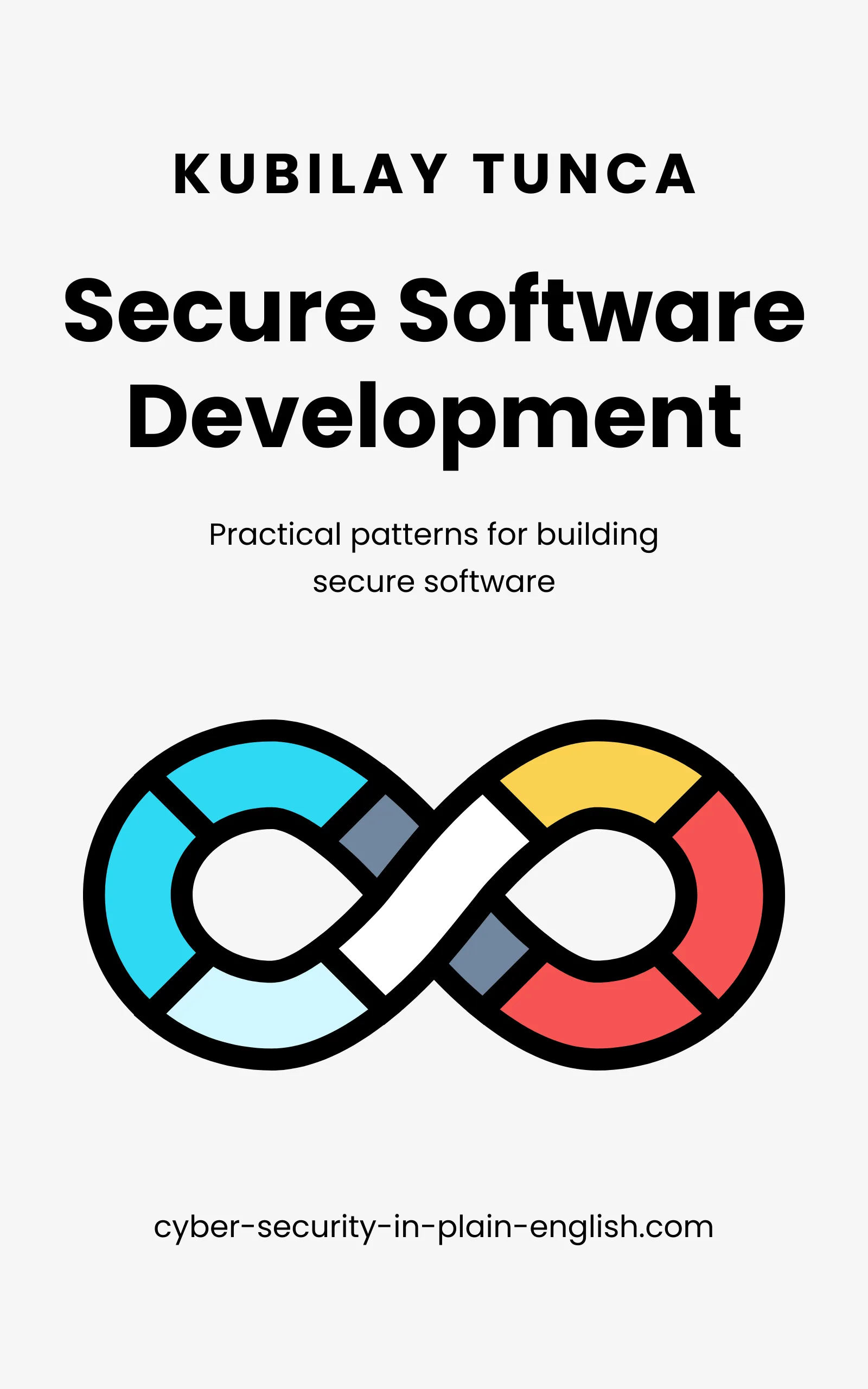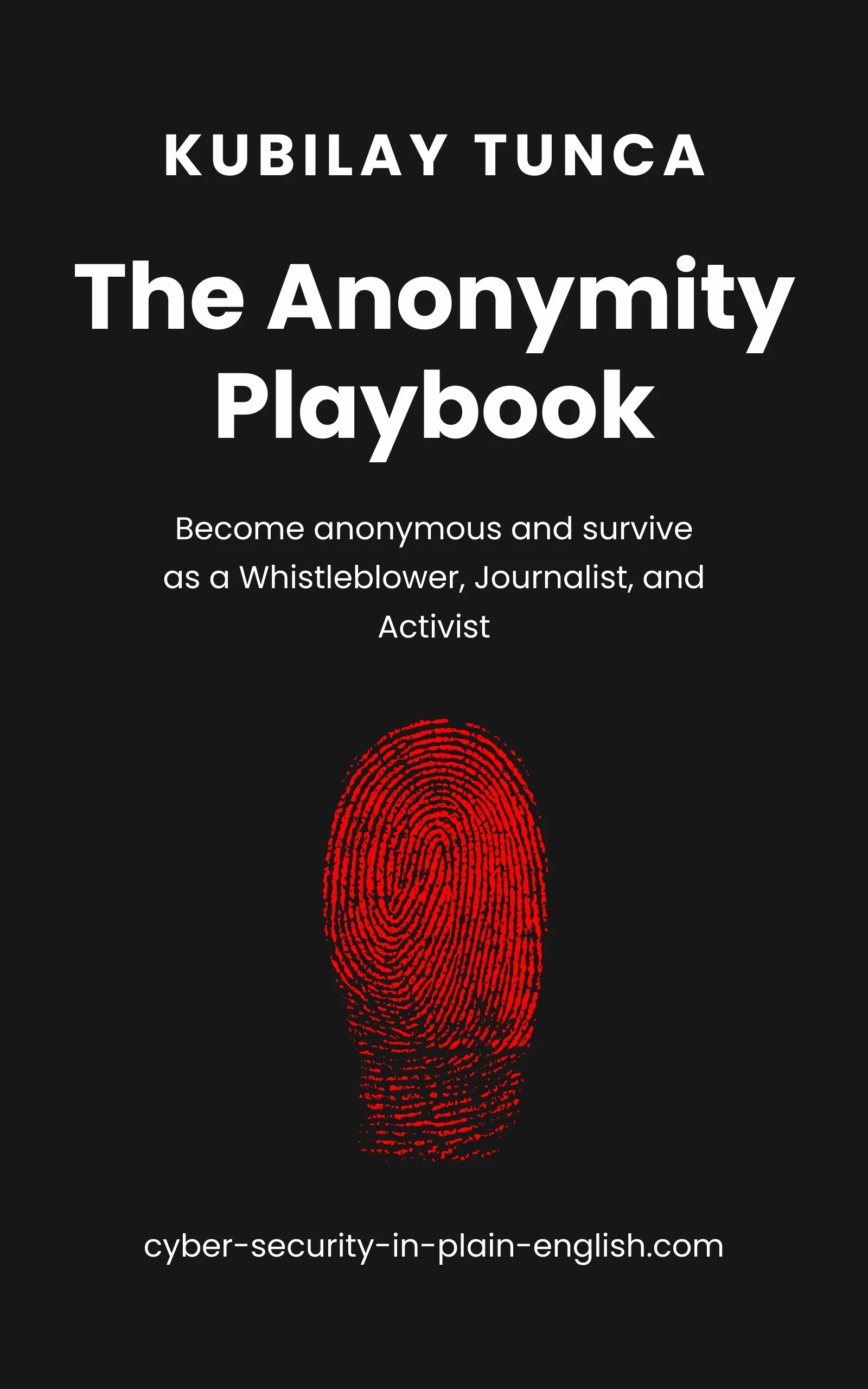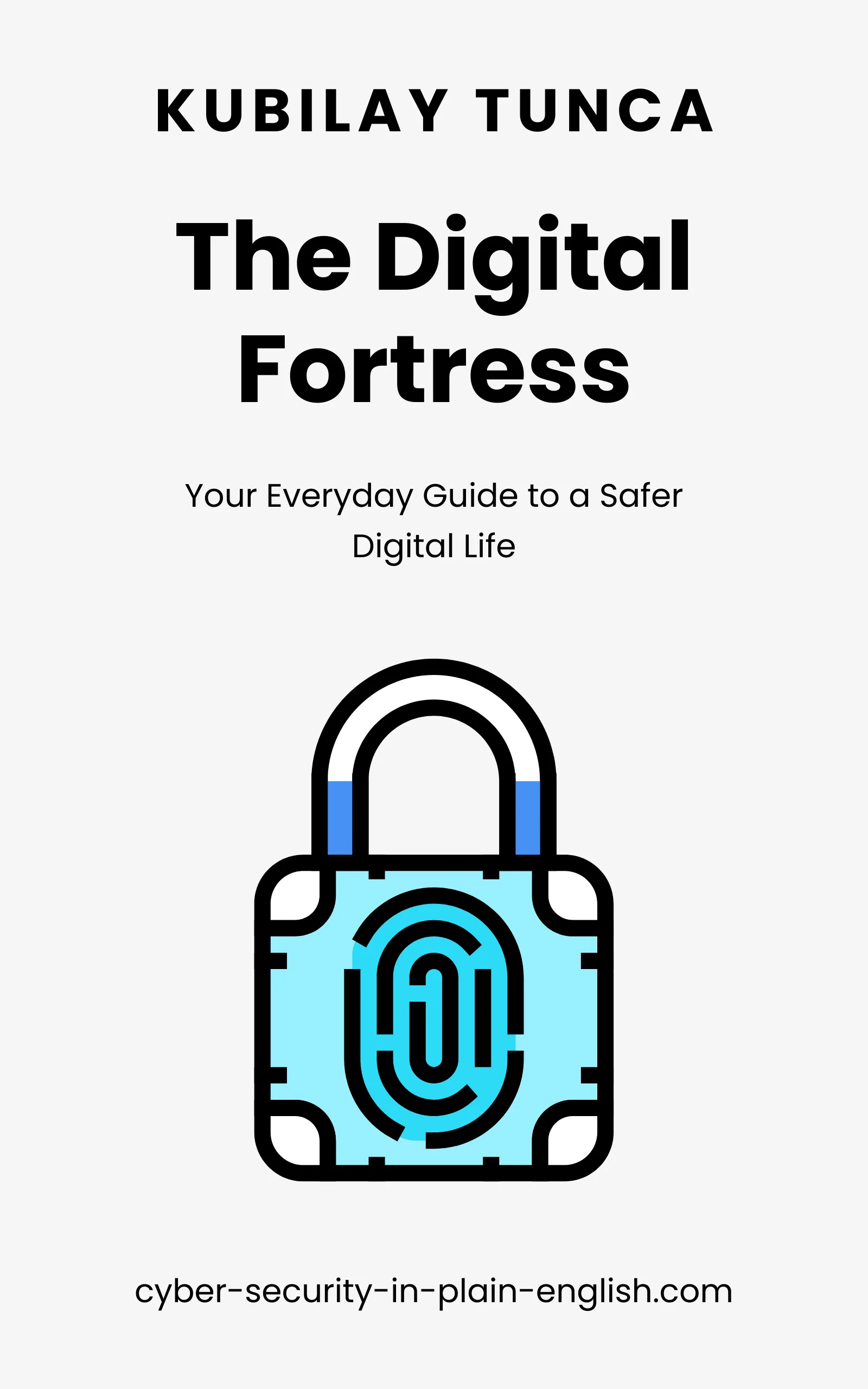Published
- 6 min read
Should You Use a VPN on Public Wi-Fi? Pros and Cons

How to Write, Ship, and Maintain Code Without Shipping Vulnerabilities
A hands-on security guide for developers and IT professionals who ship real software. Build, deploy, and maintain secure systems without slowing down or drowning in theory.
Buy the book now
Practical Digital Survival for Whistleblowers, Journalists, and Activists
A practical guide to digital anonymity for people who can’t afford to be identified. Designed for whistleblowers, journalists, and activists operating under real-world risk.
Buy the book now
The Digital Fortress: How to Stay Safe Online
A simple, no-jargon guide to protecting your digital life from everyday threats. Learn how to secure your accounts, devices, and privacy with practical steps anyone can follow.
Buy the book nowShould You Use a VPN on Public Wi-Fi? Pros and Cons
Introduction
Public Wi-Fi is convenient, but it also comes with security risks that can leave your data exposed to hackers. Using a VPN (Virtual Private Network) on public Wi-Fi is one of the most recommended strategies for staying secure, as it encrypts your internet connection and protects your privacy. However, while VPNs provide many benefits, they also have certain limitations and drawbacks. This article explores the pros and cons of using a VPN on public Wi-Fi to help you decide whether it’s the right solution for your online security.
What is a VPN?
A Virtual Private Network (VPN) creates an encrypted tunnel between your device and a remote server, masking your IP address and making your internet traffic private. When you connect to a VPN, your data is encrypted, preventing third parties on public networks from intercepting or reading it.
Pros of Using a VPN on Public Wi-Fi
1. Enhanced Privacy and Data Security
Public Wi-Fi networks are often unsecured, making it easy for hackers to intercept data shared over these networks. A VPN encrypts your data, ensuring that even if someone intercepts it, they won’t be able to read it.
Why It’s Beneficial: Encryption provides a strong layer of protection on unsecured networks, keeping your sensitive information, such as passwords and personal details, safe from potential intruders.
2. Protection from Man-in-the-Middle Attacks
A common tactic on public Wi-Fi is the Man-in-the-Middle (MitM) attack, where a hacker intercepts communication between your device and the Wi-Fi network. By encrypting your data, a VPN prevents hackers from viewing or manipulating the information passing between your device and the internet.
Why It’s Beneficial: VPNs prevent data interception, reducing the risk of MitM attacks and ensuring your communications remain private.
3. Conceals Your Real IP Address
A VPN hides your real IP address by replacing it with the IP address of the VPN server. This makes it harder for websites, advertisers, and cybercriminals to track your location and online activities.
Why It’s Beneficial: Masking your IP protects your privacy, especially on public Wi-Fi, where IP addresses are often exposed and vulnerable to tracking.
4. Safe Access to Sensitive Accounts
Using a VPN on public Wi-Fi allows you to access sensitive accounts, like online banking or work email, with an extra layer of security. While it’s best to avoid these activities on public Wi-Fi, a VPN helps protect your data if accessing these accounts is unavoidable.
Why It’s Beneficial: For those who need to access sensitive information on the go, a VPN minimizes the risks associated with unsecured Wi-Fi.
5. Bypasses Geo-Restrictions
In addition to enhancing security, VPNs can also bypass geo-restrictions, allowing you to access region-locked content. This is useful for travelers who need to access content or services that may be restricted in certain locations.
Why It’s Beneficial: VPNs offer flexibility and privacy, giving users the freedom to access content globally without compromising security.
Cons of Using a VPN on Public Wi-Fi
1. Potential Reduction in Speed
VPNs can sometimes slow down your internet connection due to the extra step of routing traffic through an encrypted server. While this may not be noticeable with high-quality VPNs, free or lower-tier VPNs can significantly impact speed, making it difficult to stream or download large files.
Why It’s a Drawback: Reduced speeds can make tasks like streaming or downloading challenging, especially on already slow public Wi-Fi networks.
2. Limited Effectiveness with Poor-Quality VPNs
Not all VPNs offer the same level of security. Free or lesser-known VPN providers may have weak encryption, log user data, or display ads, which could compromise your privacy rather than enhance it.
Why It’s a Drawback: Using an unreliable VPN can provide a false sense of security, potentially exposing your data instead of protecting it.
3. VPNs Don’t Protect Against All Threats
While VPNs encrypt your data and mask your IP, they don’t provide protection against malware or phishing attacks. A VPN doesn’t prevent you from accessing malicious sites or downloading harmful files, so you still need to practice safe browsing habits.
Why It’s a Drawback: VPNs are not a complete solution; they should be combined with antivirus software and caution to fully protect against cyber threats.
4. Some Websites Block VPN Access
Certain websites and streaming platforms actively block VPN IP addresses to prevent users from bypassing geo-restrictions. This means you may have trouble accessing these services while connected to a VPN.
Why It’s a Drawback: If you rely on specific websites or streaming services, you may encounter issues while using a VPN, as not all platforms allow VPN traffic.
Tips for Choosing the Right VPN for Public Wi-Fi
If you decide to use a VPN for public Wi-Fi, here are some tips for choosing the best option:
- Opt for a Reputable Provider: Choose a VPN with a strong no-logs policy, reliable encryption, and positive reviews for security. Well-known providers like ExpressVPN, NordVPN, and ProtonVPN offer high-quality services.
- Check for a Kill Switch: A kill switch disconnects your internet if the VPN connection drops, ensuring that your data isn’t exposed in case of interruptions.
- Look for Split Tunneling: This feature lets you choose which apps use the VPN and which don’t, preserving speed for specific tasks.
- Avoid Free VPNs: Free VPNs may log your data, display ads, or offer weak encryption. A paid VPN is a more reliable choice for security on public Wi-Fi.
Alternatives to VPNs on Public Wi-Fi
If you don’t have a VPN, here are some additional tips for protecting your data on public Wi-Fi:
- Use Mobile Data for Sensitive Activities: Instead of using public Wi-Fi for banking or other sensitive actions, consider switching to your mobile data connection, which is more secure.
- Enable Two-Factor Authentication (2FA): 2FA adds an extra layer of security to your accounts, making it harder for hackers to gain access, even if they obtain your password.
- Stick to HTTPS Sites: Only visit sites with HTTPS, as this encrypts the data between your device and the website, making it harder for hackers to intercept.
Conclusion
Using a VPN on public Wi-Fi is a highly effective way to enhance privacy, encrypt your data, and protect against cyber threats. While VPNs provide significant security benefits, they have limitations, such as potential speed reduction and lack of protection against malware. Ultimately, the pros of using a VPN on public Wi-Fi outweigh the cons, especially if you choose a reliable provider and combine the VPN with safe browsing practices.
If online privacy is a priority, a VPN is a valuable tool for navigating public Wi-Fi with confidence, protecting your data, and ensuring a more secure browsing experience.